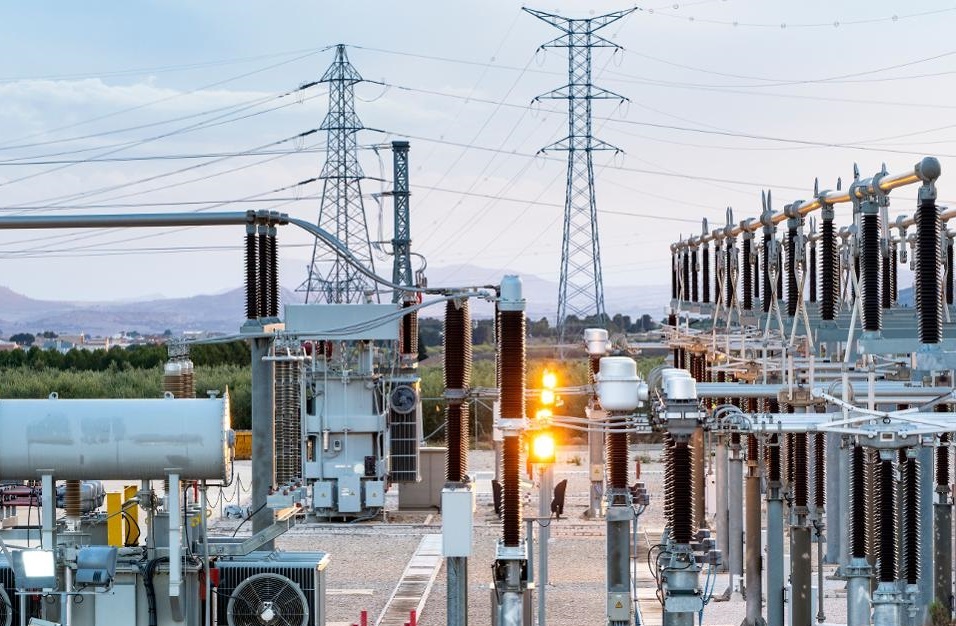In an effort to alleviate the recurring partial grid disturbance, the Nigerian government has established a committee to address the gas shortage in the power sector.
This initiative aims to find a lasting solution to challenges associated with gas supply to power Generating Companies (GENCOs) in the country and to enhance the overall efficiency of the power sector value chain in Nigeria.
Nigeria’s Minister of Power, Adebayo Adelabu, disclosed this during a meeting in Abuja, the nation’s capital, in conjunction with the Ministry of Petroleum Resources and Gas. He stressed that the ministerial committee was formed to resolve the crisis in the country’s power sector.
According to the Minister, the committee comprises representatives from the two ministries, gas suppliers, the Nigeria Electricity Regulatory Commission (NERC), and stakeholders in the electricity value chain sector.
Adelabu, briefing the Minister for State, Ministry of Petroleum Resources, Gas, Ekperipe Ekpo, acknowledged the need for innovative thinking in resolving the gas supply challenge to the GENCOs.
He emphasised the importance of collaboration between the two ministries to find a lasting solution to the problem, questioning why the issue of gas supply to the power sector was not prioritised given the sector’s significance to economic development.
He also proposed that payment for domestic gas supply should be denominated in Naira instead of dollars.
“If we are serious about the economic development of the country, we need to solve the problem of gas supply today. We should look at the possibility of mandating the gas suppliers to price in naira.”
Regarding contractual agreements, Adelabu stated that the domestic supply is only a fraction of what the gas suppliers supply to the international market, so paying in Naira should not pose a problem.
He suggested that to further resolve the gas supply challenge, the GENCOs must enter into contractual arrangements with the gas suppliers.
“With such contractual arrangement with gas suppliers, the minimum requirement that should be supplied to the generating companies would be clearly stated, thus eliminating the present situation where the generating companies are only operating at about 20 percent of their installed capacity,” he stated.
Highlighting the importance of liquidity in the power sector value chain in Nigeria, the Minister emphasised, “We cannot over emphasise the importance of liquidity in the sector, the generating company have to cover their overheads, maintain and service their machineries, most importantly, pay for gas, which is the raw material needed for production. The only way to sustain production is payment.”
Minister Ekperipe Ekpo, Ministry of Petroleum Resources, Gas, also addressed the meeting, stating that the major challenge with gas supply in the country is due to the vandalisation of gas pipelines in the Niger Delta.
He assured that the OB3 line, which supplies gas to the northern part of the country, would soon be commissioned to enable supply to the region. Acknowledging the importance of gas supply to generating companies and industries, Ekpo emphasised the need for collaboration to resolve the issue.
He agreed with the suggestion that payment for domestic gas supply should be in Naira but suggested that this should be legislated.
Expressing concerns about pipeline vandalisation in the Niger Delta, Ekpo emphasised the need to find a solution to the problem.
The Minister also met with foreign development partners operating in the country, commending their role in the power sector and briefing them on the federal government’s transformation master plan to improve power supply across the country.
He explained the challenges faced by the sector and the strategies to resolve them, emphasising the role of the States in the power sector and advocating for unbundling DISCOs along state lines.
He outlined strategies for incremental improvement in power supply, including focusing on distributed power by raising the volume of renewable energy and developing small hydropower plants along the 26 small dams in the country.
In response, the development partners commended the Minister for his comprehensive diagnosis of the sector’s challenges and assured continued support in resolving them.

